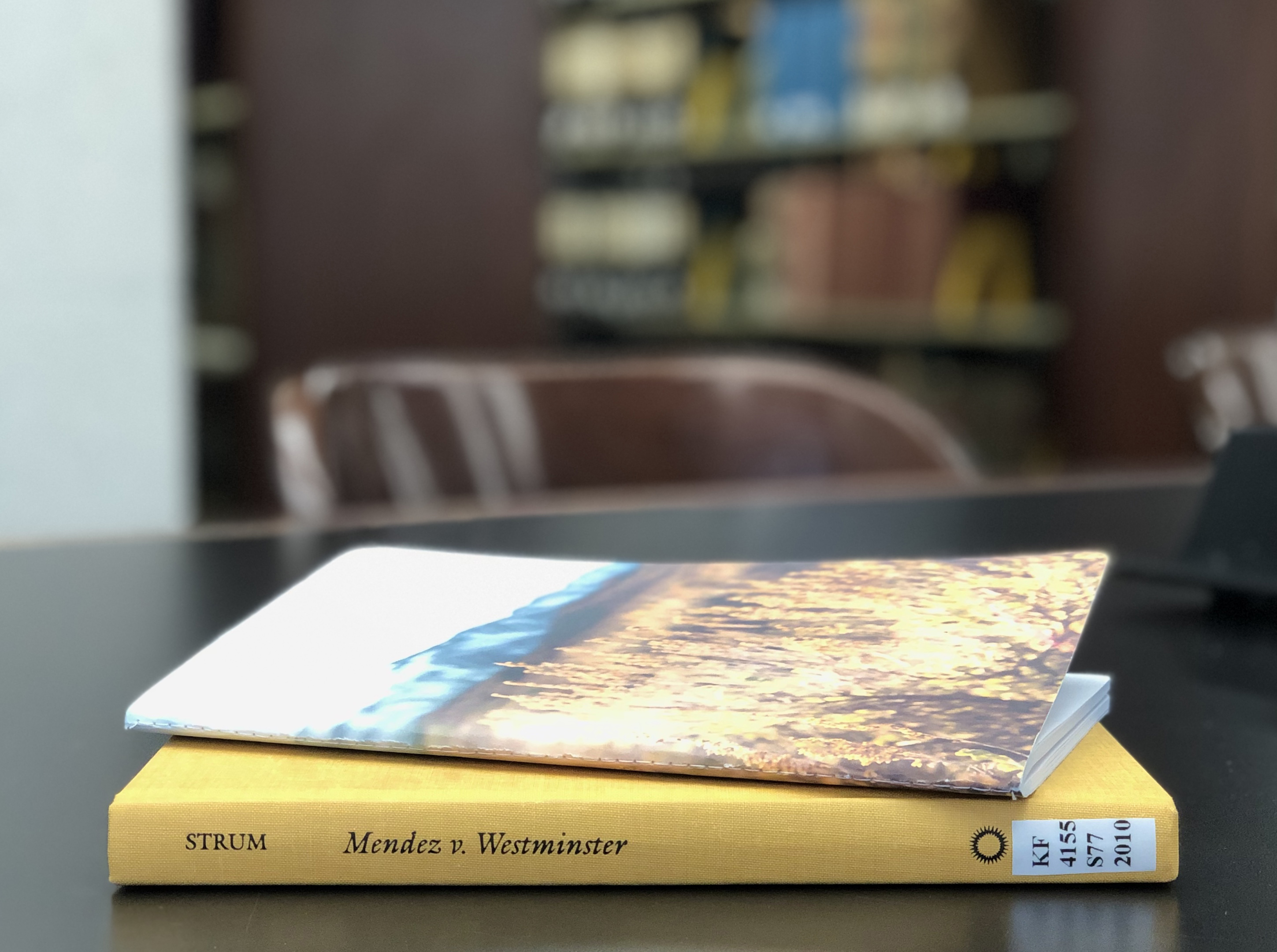Coming Full Circle Through Guided Research
During an undergraduate course on race in the United States, I was tasked with interviewing someone who identified as a “hyphenated American” to discuss this person’s experiences as nonwhite in America. I decided to interview my grandfather, a Mexican-American man who grew up in the American Southwest. While I was aware that all of my grandparents had faced some form of discrimination in their lives because of their Mexican ancestry, this exercise gave me a chance to learn more details about my grandfather’s experiences and contextualize those experiences with historical perspective. As that class ended, I knew that I wanted to continue to dive deeper into the history of Mexican-American people and other Latinx folks, and decided that I should double major in Chicano/Latino Studies. That decision completely changed the trajectory of my education. From that point forward, I viewed my political science studies through a new lens, analyzing the intersection of political systems and low-income minority populations. For most of my life I thought that the hardships my grandparents faced were those of a …





